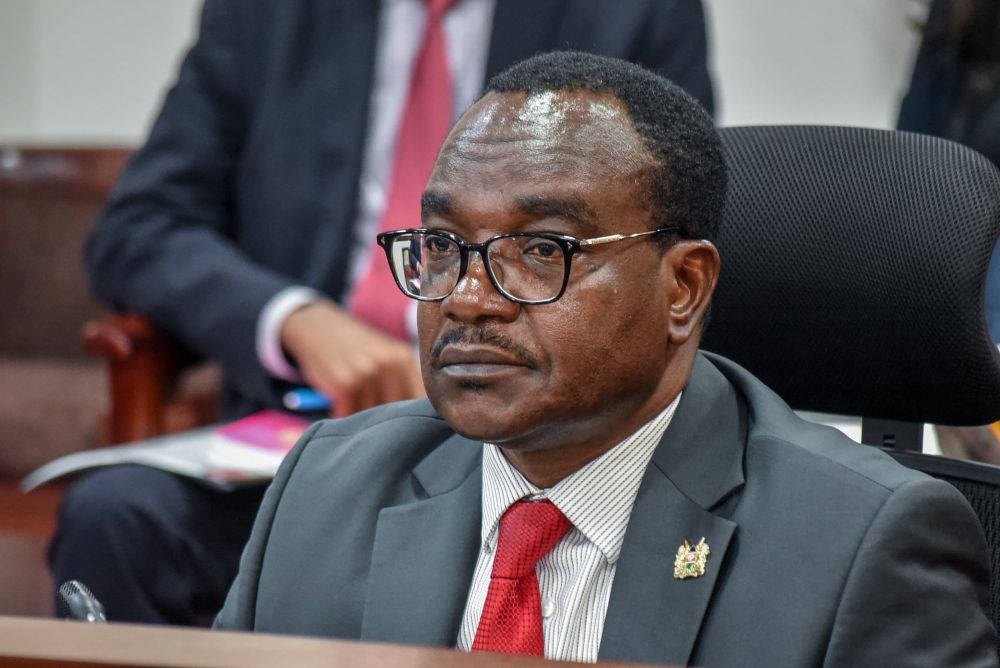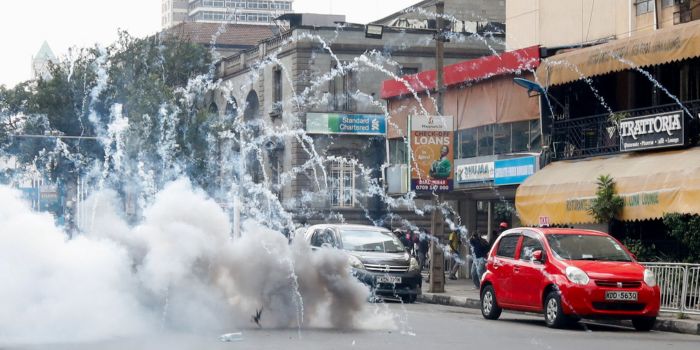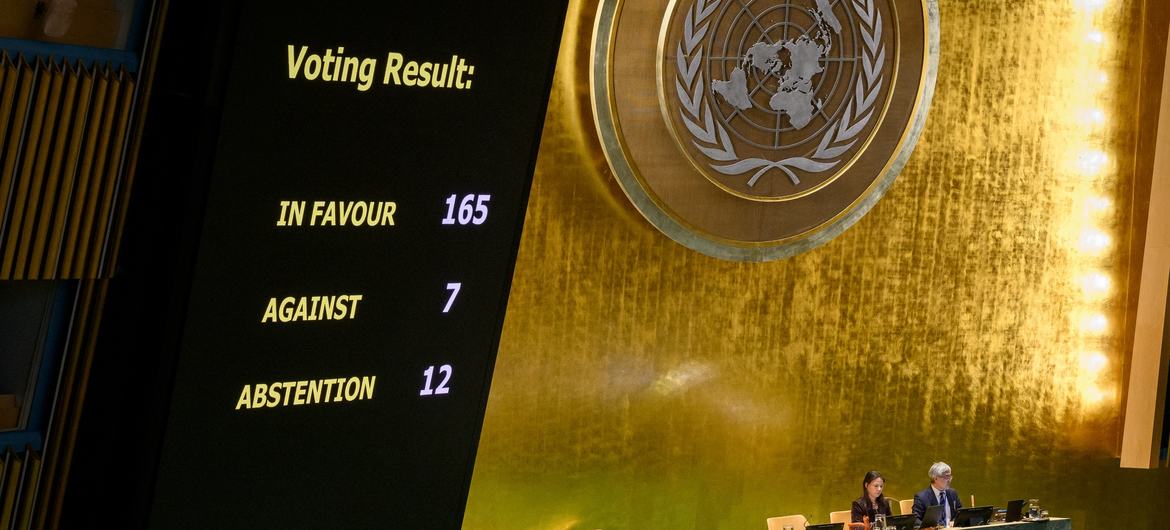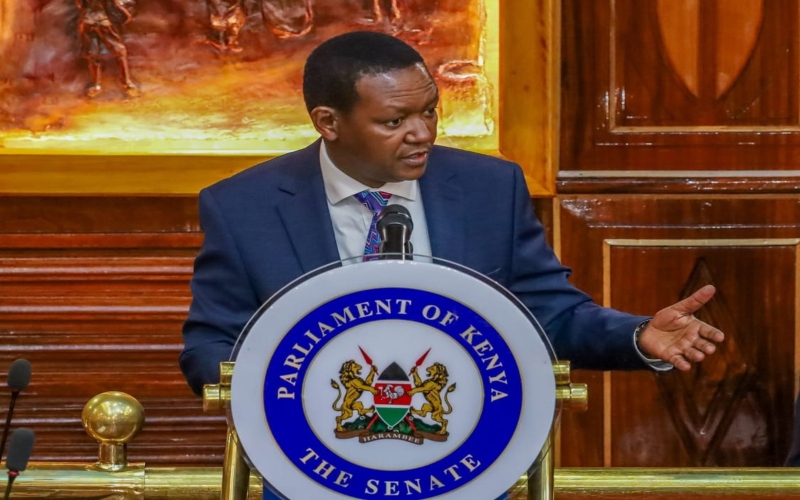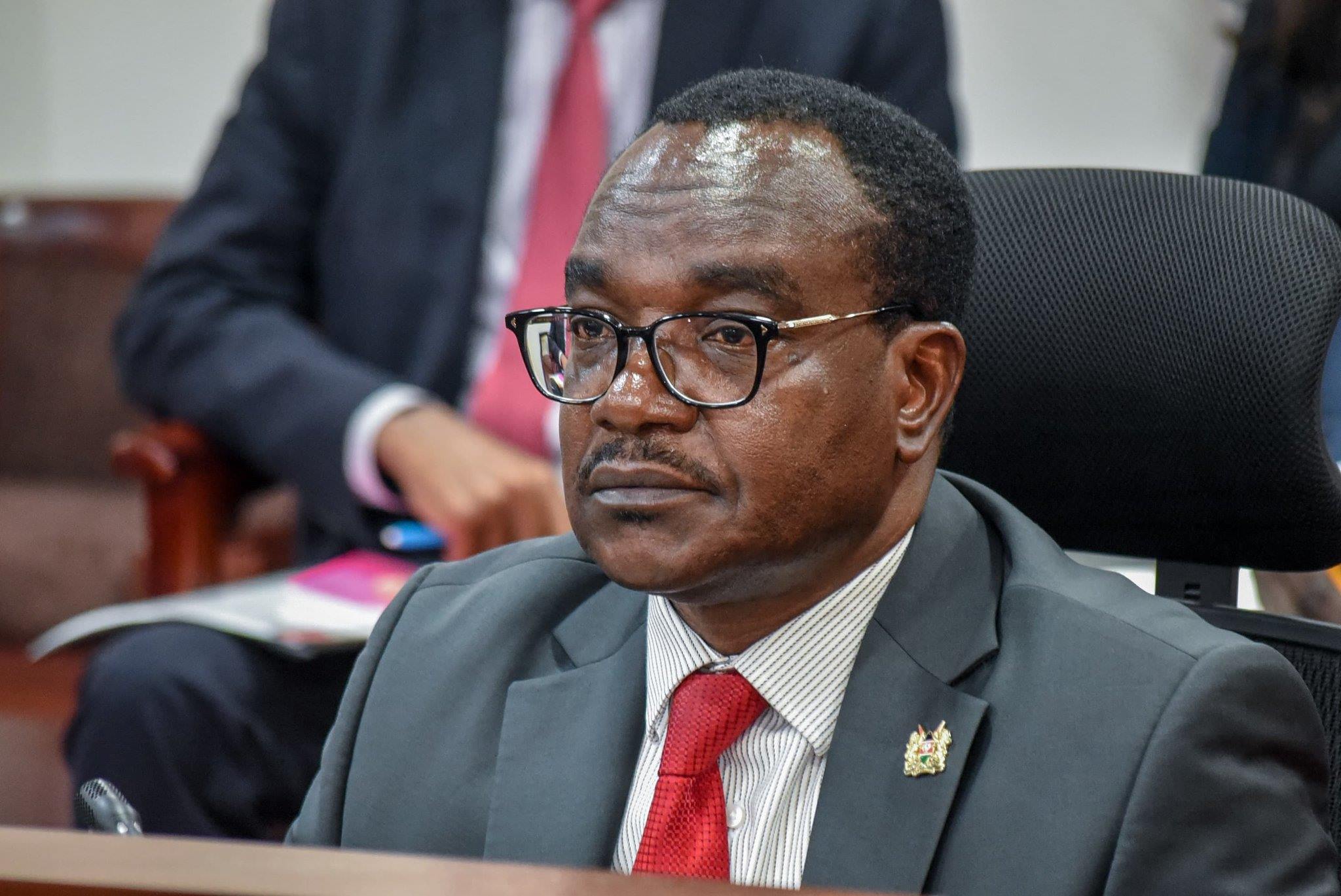National Cancer Institute on the spot over Sh200 million expenditure irregularities
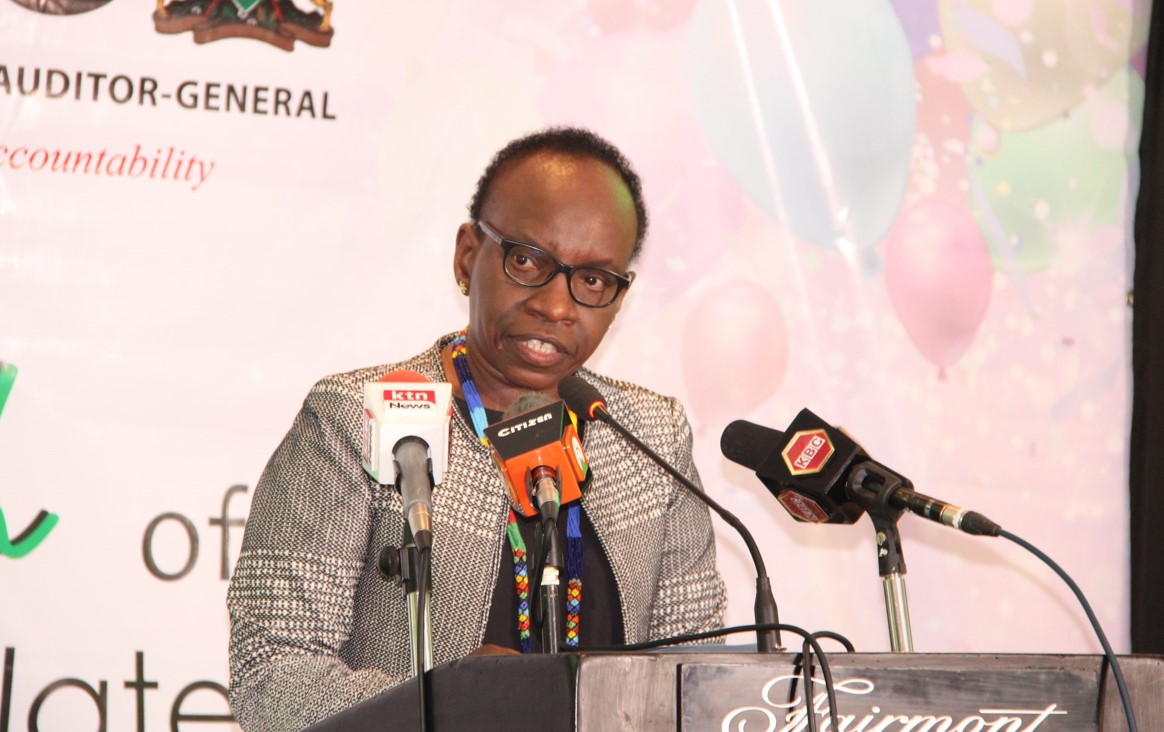
The audit revealed a discrepancy of Sh33 million in the reported expenditures on conferences, advertising, bank charges, printing and stationery, cancer education materials, training, travel accommodation, and daily subsistence allowance.
The National Cancer Institute of Kenya is under scrutiny following an audit that revealed discrepancies in the management of over Sh200 million in public funds.
Auditor General Nancy Gathungu in her report, highlighted several instances where the institute's management failed to comply with legal and financial regulations.
More To Read
- 20 firms fined Sh2.2 billion for failing to remit unclaimed financial assets
- Majority of Kenya’s unclaimed assets under Sh1,000 - Auditor General
- Auditor faults UDA for lacking proof of Sh2 billion land assets
- Billions locked in stalled county projects across the country - CoB Margaret Nyakang'o
- MPs grill SHA over Sh91m legal costs, disputed Karen land and stalled NHIF projects
- Auditor General flags CBK for hiring unqualified managers, ignoring HR Policies
NCI-Kenya, established by an Act of Parliament in 2012, is tasked with advising the Health Cabinet Secretary on cancer treatment and care.
However, the recent audit for the period ending June 30, 2023, found significant issues with the institute's financial management.
Auditor General Gathungu issued an adverse opinion on the institute's spending, stating that Sh161 million in expenses was unsupported.
“Based on the audit procedures performed, I confirm that internal controls, risk management, and governance were not effective,” Gathungu said.
The audit revealed a discrepancy of Sh33 million in the reported expenditures on conferences, advertising, bank charges, printing and stationery, cancer education materials, training, travel accommodation, and daily subsistence allowance.
The institute claimed to have spent Sh161 million, but only Sh128 million was reflected in the audit schedules.
"In the circumstances, the accuracy and completeness of the respective expenditure amounts couldn’t be confirmed,” Auditor General noted in the report.
Also, NCI-Kenya management failed to explain the Sh24 million spent on travel, accommodation, and allowances. These expenditures were not supported by payment vouchers or other necessary documentation.
“The accuracy and completeness of travel, accommodation, and daily subsistence allowances of Sh24,468,072 could not be confirmed,” Gathungu stated.
Revenue questioned
The institute's revenue is also under question. The audit found that Sh39 million in public contributions, donations, and service revenues were not backed by schedules.
“The total amount of public contributions, donations, and rendering services of Sh39 million could not be confirmed,” the auditor reported.
The audit also cast doubt on the institute's reported bank balances. The cashbook, certificate of bank balance, or bank reconciliation statements did not support the Sh16.9 million bank balances.
In the absence of proper documentation, the auditors could not verify the accuracy and completeness of these balances.
The audit also noted governance issues, with the institute having 10 board members instead of the seven to nine members stipulated in the Mwongozo Code of Governance.
Furthermore, the institute failed to provide signed minutes for 17 out of the 26 board meetings held during the year under review.
"The minutes were not signed, and there is no evidence of their confirmation," Gathungu said, citing a violation of Mwongozo guidelines.
The audit determined that the application of public resources was not lawful and effective. “I believe that the audit evidence I have obtained is sufficient and appropriate to provide a basis for my conclusion,” the auditor general said.
According to the audit report, the institute failed to settle pending bills amounting to Sh22 million within the year, attributed to unpaid supplies and audit fees. The audit report also noted instances of over-collection of receipts and over-expenditure, indicating weaknesses in budget formulation.
The audit discovered that some staff members received imprests totalling Sh8.9 million before accounting for previous ones.
Public finance management regulations mandate that before issuing a new imprest, an applicant must have no outstanding imprests. The regulations also require that imprest holders account for or surrender unspent funds within seven days of returning to their workstations.
“In the circumstances (of excess imprest and unsurrendered imprest), management was in breach of the law,” Gathungu said.
Top Stories Today

